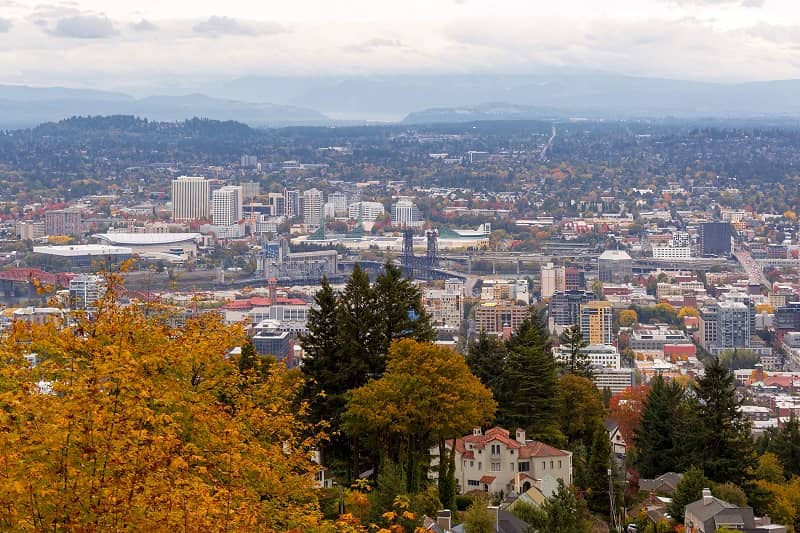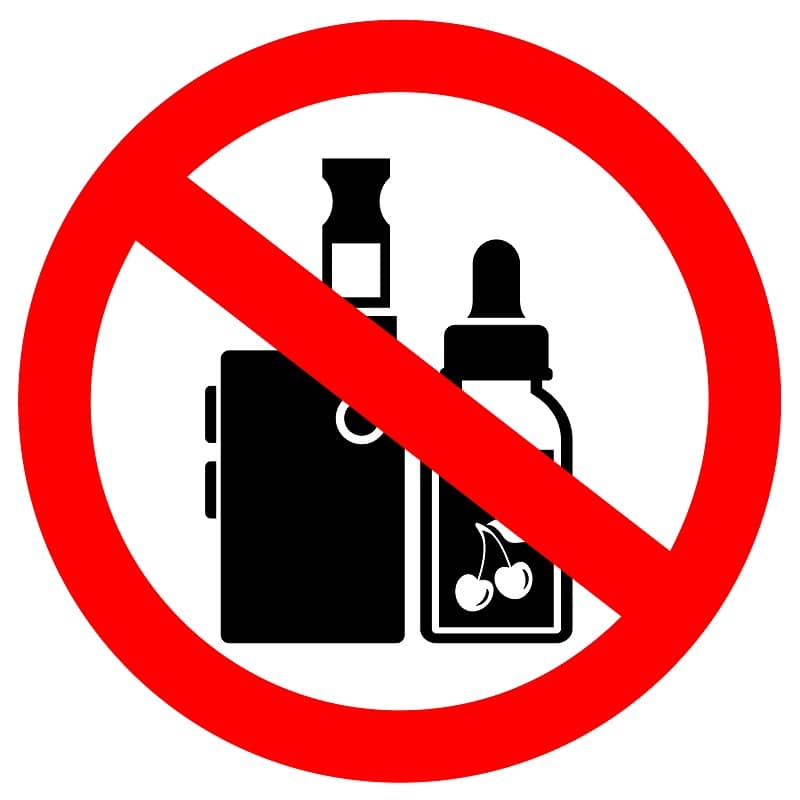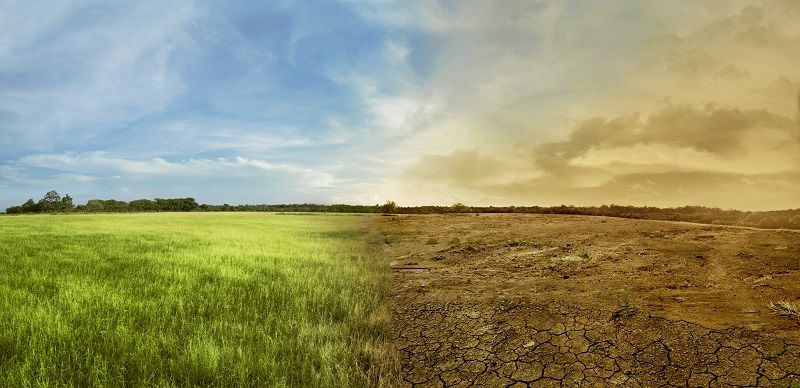By John A. Charles. Jr.
The decision before you today is simply one of exercising your fiduciary duty. You have an offer on the table of $220.8 million in private funds. If you accept the offer, the money will be deposited in the CSF, where it will immediately begin earning income for schools.
Alternatively, the various public ownership options require: (1) persuading the legislature to approve the sale of $100 million in state bonds so that taxpayers can “buy” an asset they already own; and (2) paying debt service on the bonds. Those costs (presently unknown) will be paid in part by public school parents, teachers, and other CSF beneficiaries. Therefore, debt service has to be subtracted from earnings on the invested $100 million.
Additionally, a new HCP will need to be negotiated. Since DSL has failed to do this for over 15 years, this is a highly speculative “benefit.” It’s also possible that even with a new HCP, timber harvesting would result in continued losses to the CSF.
As the chart below indicates, over a 100-year horizon, the difference between the Lone Rock offer and the public ownership option is roughly $1.08 billion in earnings. There is no plausible scenario in which continued public ownership can make up that loss. As fiduciaries, this is not even a close call: you should take the offer in hand.
CSF Financial Projections for New Revenue Derived from the Elliott State Forest
Lone Rock Offer vs. Continued Public Ownership
Cumulative CSF Payouts to Schools @4% of Annual Earnings
Assumes total annual return of 5.58% (CSF average for 2000-2015)
| Add timber harvest revenue | Subtract cost of debt service payments | Cumulative payout to schools – first 10 years | Cumulative payout to schools – first 100 years | |
| L. Rock – $220.7 M invested 6/1/17 | N/A | N/A | $99,107,680 | $1,956,775,945 |
| Bond sale – $100 M invested 9/1/17
|
Requires new HCP; could also result in annual losses | ??? | $44,300,595 | $874,668,232 |
| Difference | ??? | (???) | ($54,807,085) | (1,082,107,713) |
John A. Charles, Jr. is President and CEO of Cascade Policy Institute, Oregon’s free market public policy research organization.











